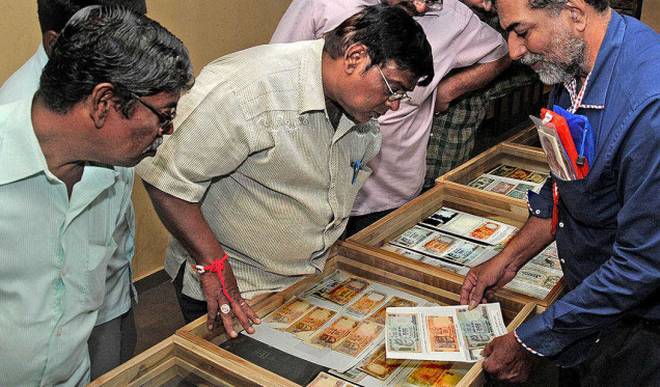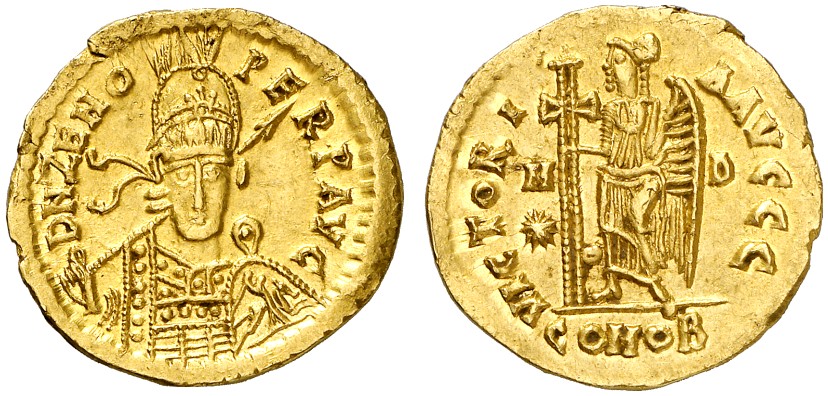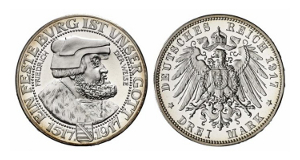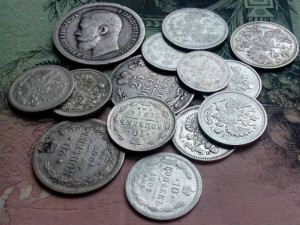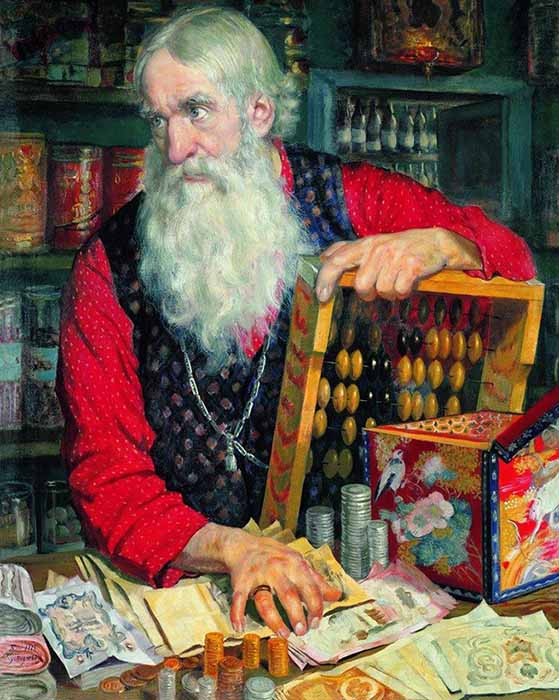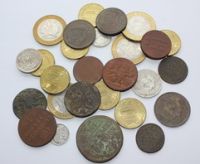create auctions
Cleaning of old coins
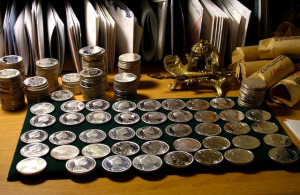 The purpose of this message is to acquaint interested readers with the most simple and safe methods of cleaning coins, which the author can recommend based on his many years of experience in the restoration of an archaeological metal at the State Hermitage Museum. Clearing coins is one of the crucial types of restoration, it is important for their study, dating, identification and storage. Ancient coins made of silver and copper alloys, found in treasures or in other archaeological excavations, most often enter the restoration workshop highly corroded, and sometimes completely mineralized. Under the action of water and salts, copper is destroyed in the soil to form green carbonates and chlorides, red cuprous oxide and black oxide. Continue reading
The purpose of this message is to acquaint interested readers with the most simple and safe methods of cleaning coins, which the author can recommend based on his many years of experience in the restoration of an archaeological metal at the State Hermitage Museum. Clearing coins is one of the crucial types of restoration, it is important for their study, dating, identification and storage. Ancient coins made of silver and copper alloys, found in treasures or in other archaeological excavations, most often enter the restoration workshop highly corroded, and sometimes completely mineralized. Under the action of water and salts, copper is destroyed in the soil to form green carbonates and chlorides, red cuprous oxide and black oxide. Continue reading
Ancient coins
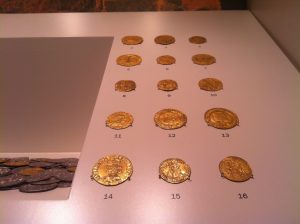 1. Old coins of Russia – gold and silver coins of Prince Vladimir
1. Old coins of Russia – gold and silver coins of Prince Vladimir
These were the first coins minted in Kievan Rus at the end of the 10th century, then at the beginning of the 11th century, they were issued in small quantities and not for long, so they didn’t have much influence on monetary circulation but represent a peculiar group of cultural monuments of Ancient Russia.
Under Prince Vladimir Svyatoslavovich in 988, Christianity became the official religion in Russia. In the cities, the oldest of which were Kiev, Novgorod, Ladoga, Smolensk, Moore, crafts and trade with the southern and western Slavs, the peoples of other countries were actively developed. Continue reading
Celtic Coins (III-I century BC)
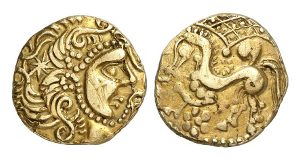 The name “Celts” was first mentioned by the Greek historian Herodotus (Greek “keltoi” means “brave”). At one time, the Celts were scattered throughout Northern Europe, although it was never a question of any kind of Celtic public education, but at most temporary alliances of individual tribes to achieve certain goals. Continue reading
The name “Celts” was first mentioned by the Greek historian Herodotus (Greek “keltoi” means “brave”). At one time, the Celts were scattered throughout Northern Europe, although it was never a question of any kind of Celtic public education, but at most temporary alliances of individual tribes to achieve certain goals. Continue reading
